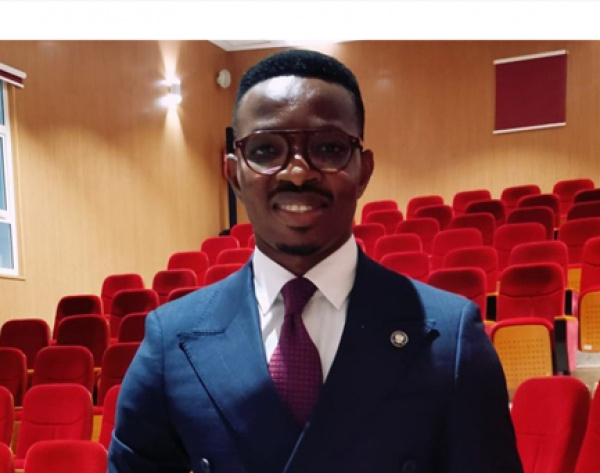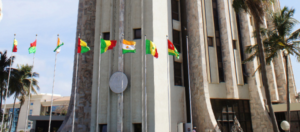Mawuto Tossa has made history by becoming the first African to win the prestigious JB Scott Prize, also known as the Carlos Calvo 2025 Prize. The recognition was awarded by the Institute of International Law at the end of August 2025, marking a groundbreaking moment for both Togo and the entire African continent. The prize, created in 1931, celebrates outstanding contributions in international law, and Tossa’s victory reflects the rising influence of African scholarship on global legal debates.
Holder of a doctorate in public law from the University of Lomé and another doctorate in law from the University of Granada in Spain, Tossa embodies excellence, resilience, and dedication. His manuscript, titled The Evolution of African Regionalism in International Investment Law: From Communitarization to Continentalization, earned him the award. The work impressed the jury for its originality, depth, and clarity in analyzing the path of African regional integration within international investment law.
This achievement stands as a powerful testament to Africa’s growing intellectual presence on the world stage. For decades, the field of international law has been dominated by voices outside the continent. With this win, Mawuto Tossa not only represents Togo but also paves the way for other African scholars. His recognition proves that Africa’s legal minds can shape discussions that influence global frameworks, policies, and governance structures.
The significance of this award extends beyond personal success. It symbolizes hope for young Africans pursuing law, governance, and academia. By breaking barriers, Tossa shows that with hard work and dedication, international recognition is possible. His journey from the University of Lomé to winning one of the most respected global legal distinctions inspires countless students who dream of leaving a mark in their chosen fields.
Moreover, the subject of his manuscript touches a vital issue: the evolution of African regionalism. At a time when Africa is striving for deeper integration through the African Continental Free Trade Area, his research sheds light on how investment law can support or hinder that goal. By tracing the move from regional communitarization to continentalization, Tossa highlights the legal challenges and opportunities facing Africa in building a unified economic space. This perspective adds immense value to policymakers, investors, and academics.
Internationally, his victory demonstrates the importance of diverse voices in shaping law. A stronger presence of African scholarship enriches debates and introduces perspectives grounded in lived realities of the continent. Global law cannot be truly comprehensive without recognizing contributions from every region, and Tossa’s success reinforces that truth.
For Togo, his win brings immense pride. It positions the nation as a hub producing global intellectual leaders. His success may also encourage investment in higher education and legal research within the country, showing that with the right support, Togolese scholars can achieve extraordinary things.
Mawuto Tossa’s JB Scott Prize win is not just about personal glory. It represents a milestone for Africa’s intellectual history, a call for greater recognition of African contributions, and a reminder that excellence knows no borders. His groundbreaking achievement will continue to inspire generations, proving that perseverance and brilliance can rewrite history.





